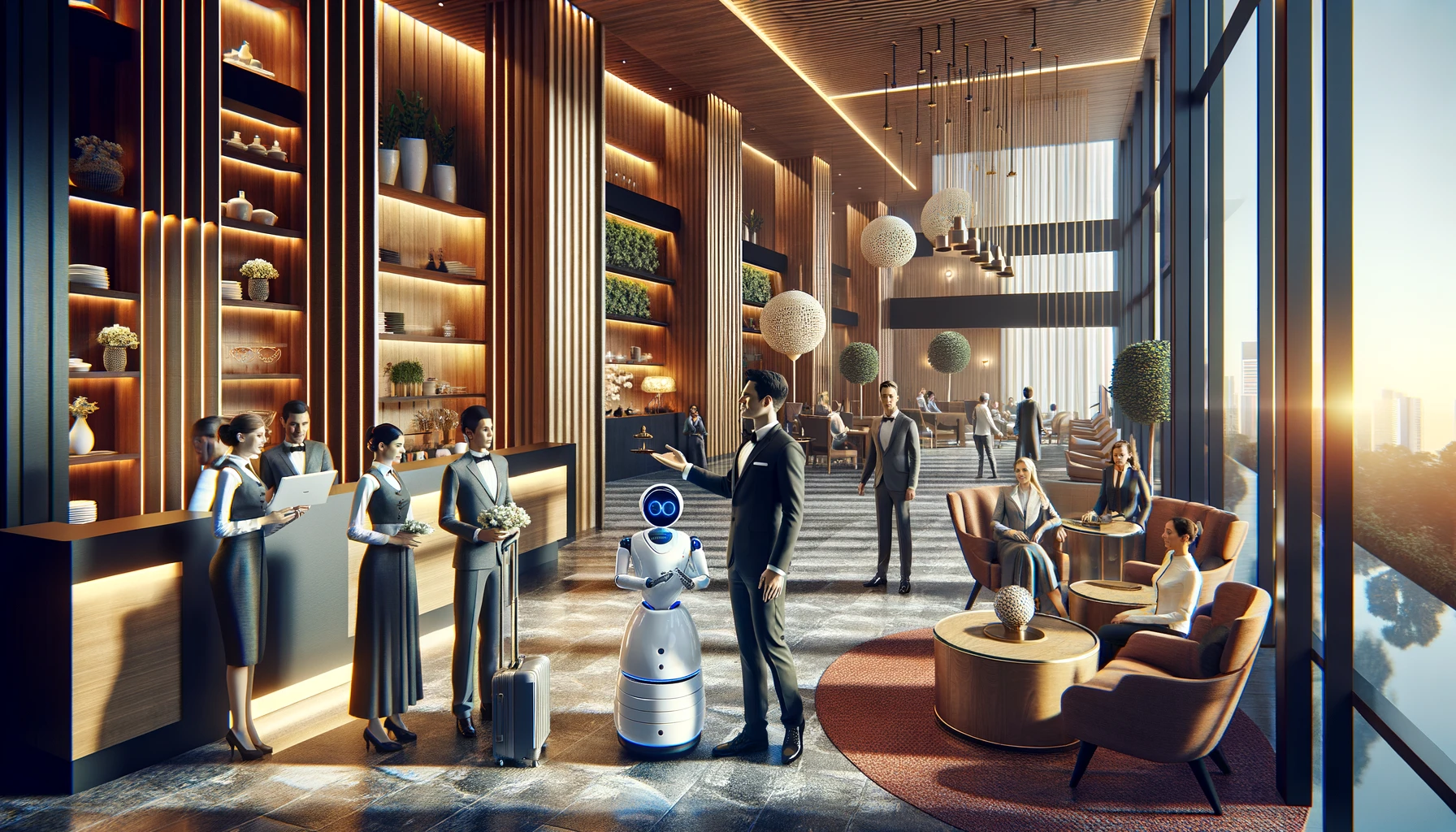The hotel industry in 2024 is at a critical juncture, where technology and personal service are coming together to redefine the guest experience. In an era marked by digital transformation, hotels are not only embracing innovative technologies but also enhancing the traditional, personalized service that guests value. This fusion of the old and new is opening up unprecedented possibilities for improving guest satisfaction and operational efficiency.
Stephanie Leger, the Chief Excellence Officer at First Rate Hospitality, sheds light on the significance of integrating technology with a personalized guest experience as a necessity for staying relevant in the rapidly changing hotel industry landscape. She outlines five key takeaways from her analysis:
1. Market Trends: The increasing trend of both business and leisure travel in 2024 has pushed hotels to innovate and cater to the diverse needs of modern travelers. This includes offering personalized services such as tailored room experiences, customized dining options, and unique amenities that cater to different preferences.
2. Experiential Initiatives: There is a growing focus on creating memorable experiences that blend the efficiency of technology with the warmth of personalized service. This includes leveraging augmented reality (AR) and virtual reality (VR) technologies to provide guests with immersive experiences such as virtual tours or interactive games in their rooms or common areas.
3. Guest Expectations: Today’s guests anticipate a seamless experience that combines digital convenience with customized interactions. They expect hotels to provide real-time information about room availability, check-in/check-out times, and local attractions through mobile apps or chatbots that can assist them 24/7.
4. Operational Efficiency: Hotels are leveraging technologies like AI and IoT to streamline their operations behind the scenes, allowing staff to dedicate more time to guest engagement. For example, AI algorithms can be used to optimize housekeeping schedules based on occupancy rates or detect maintenance issues before they become major problems. IoT devices can be used to monitor room temperature, lighting levels, and water usage in real-time, providing valuable insights into energy consumption patterns and enabling hotels to make data-driven decisions about sustainability initiatives.
5. Future Opportunities: The integration of technology in hotels brings opportunities for personalized marketing, improved guest services, and more sustainable operations. By collecting data on guests’ preferences through loyalty programs or surveys, hotels can tailor marketing messages or offers that resonate with individual travelers based on their behavior patterns or past bookings history.
In conclusion
